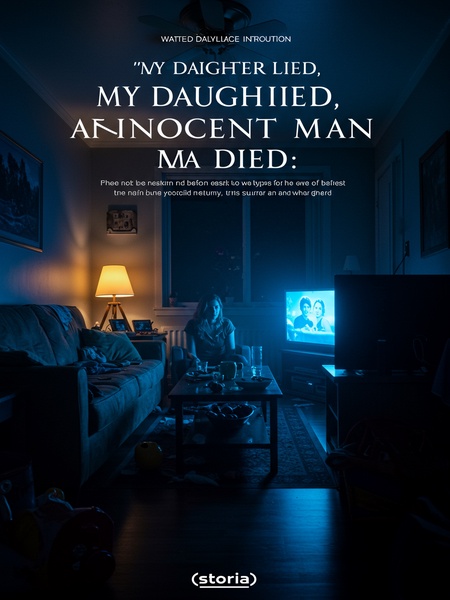Chapter 5: Courage on the Stand
After thinking it over, I felt the only way to calm Mark’s anger was to clear his name. After all, an innocent person wouldn’t easily commit a crime.
Carol Jennings’s final words haunted me. I knew what I had to do, even if it meant upending our lives again.
I contacted the other four girls’ parents, hoping they’d join me in court.
I called, texted, even visited their homes. Each time, I was met with excuses, closed doors, or awkward silences.
But every parent refused. They were afraid of lawsuits, afraid Mark wouldn’t forgive them, so there was nothing to gain.
The fear was real. No one wanted to risk their jobs or reputations. I understood, but it didn’t make it easier.
Since Carol had died and Mark’s original lawyer was gone, I volunteered to be his defense attorney and met with Mark in jail.
It took phone calls, paperwork, and a long wait under flickering lights. The guards eyed me, then led me through the maze of cinderblock halls.
Mark was struggling. His stocky frame was gaunt, his eyes sunken, his face hard.
The room was cold and smelled faintly of bleach. He looked at me like a stranger, but slowly, recognition flickered.
I apologized, but Mark just sneered. When I said I could help clear his name, his expression softened.
His voice was raspy, but the old Mark was still there—somewhere under the bitterness and grief.
He told me: After getting out, he’d arrange his mother’s funeral, tell her he’d been exonerated, and let her rest in peace.
He spoke of his mother in quiet, broken tones. I promised to help however I could. He said he just wanted to make things right, whatever that meant now.
Then, he wanted to buy a small truck, go to Texas to haul tomatoes, to Florida to transport bananas—anywhere, as long as he never came back.
His eyes brightened at the idea of the open road. He said he’d save up, stay out of trouble, never look back. It was a dream of escape, not revenge.
I breathed a sigh of relief. Prison can change a person, but Mark still had a conscience, which was precious.
A small glimmer of hope flickered inside me. Maybe, just maybe, this story could end without another tragedy.
I knew the key to overturning the case was my daughter’s testimony. Even if the other four girls didn’t cooperate, if she recanted, the court would have to reconsider.
I spent days rehearsing with her, reminding her of the importance of truth. I told her I’d stand by her, no matter what.
"It’s never too late to do the right thing. Have the courage to tell the truth, and Dad will protect you."
She nodded, wiping her tears, and gave me a wobbly smile. "I promise, Daddy. I’ll tell the truth."
That night, as she fell asleep beside me, I stroked her hair and whispered another promise—to do everything I could to make this right.
So, on the day of the second trial, I took my daughter to court to testify.
The courthouse was buzzing—reporters outside, armed officers at the doors. I squeezed her hand as we waited, trying to hide my own fear.
During cross-examination, the prosecutor asked my daughter, “Were you ever molested by Mark Jennings?”
She nodded without hesitation. “Yes.”
My heart stopped. Was this the end of our truth, or just the beginning of another lie?
Continue the story in our mobile app.
Seamless progress sync · Free reading · Offline chapters